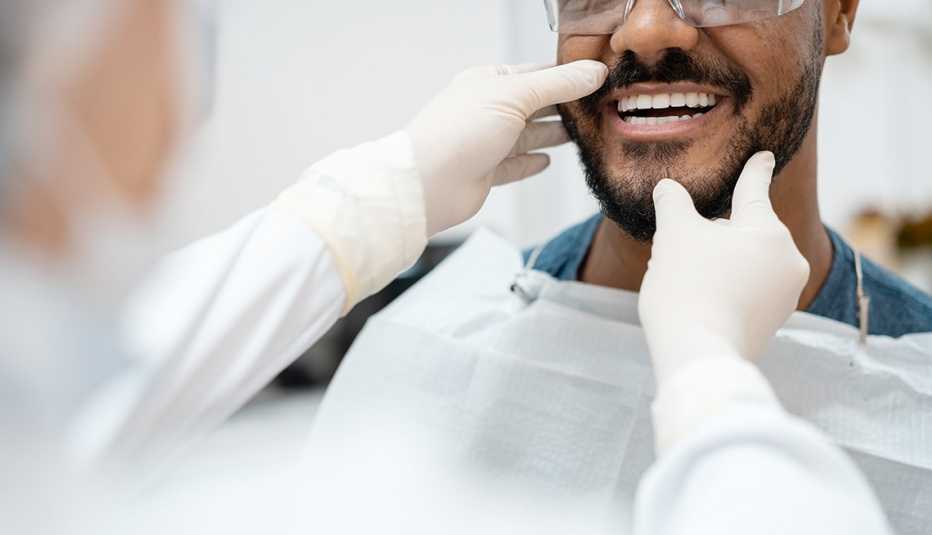AARP Hearing Center


Wrinkles aren’t the only thing that show our age. Over time, the outer layer of our tooth enamel thins, allowing the yellowy dentin (the tissue that comprises the inner structure of the tooth) to show through. Combine that with decades of downing stain-causing food and drink and less-than-stellar dental hygiene habits, and those pearly whites start looking like, well, more of a dingy yellow. If you’ve been tossing around the idea of (finally) tinkering with those lackluster ivories, you’re in good company. The professional teeth whitening market is seeing an explosion: It’s expected to grow at an average annual rate of over 6 percent by 2030, according to a report by global analytics company Astute Analytica. “Now that masks are gone, people want their teeth to look good,” says Matthew Messina, an assistant professor of dentistry at the Ohio State University College of Dentistry and spokesperson for the American Dental Association. “Tooth whitening is a relatively inexpensive personal indulgence that increases self-confidence, which is a great thing.”
A study reported in the British Dental Journal revealed that people with nice teeth are viewed as being more friendly, trustworthy, happy and self-confident than those with subpar choppers. Another study, this one conducted by Kelton Research — involving simulated job interviews before and after whitening treatments — found that people were more likely to be hired when they had whiter teeth.
The good news is that there are plenty of treatments available to get the bright back, ranging from over-the-counter (OTC) toothpastes and strips to more intensive procedures done in your dentist’s office. Just keep in mind that more intense doesn’t necessarily mean better. “Our teeth weren’t intended to be toilet bowl white,” points out Mark Wolff, dean of the University of Pennsylvania School of Dental Medicine in Philadelphia. “There’s a point where whiteness looks phony rather than natural.” Here’s a look at your current brightening options.
Over the counter
1. Baking soda
One of the easiest and cheapest ways to whiten your teeth uses something you probably already have in your house: baking soda. “It’s a very mild abrasive, which helps remove stains from the surface of your teeth,” explains Brian Novy, chief dental officer at the Alliance Dental Center in Quincy, Massachusetts, and a lecturer on oral health policy at the Harvard School of Dental Medicine. Since it’s alkaline, it also helps lighten acid-based food stains from coffee, tea and red wine, he adds.
“I encourage all my patients to have a shot glass filled with baking soda on their bathroom counter,” he says. “Every time they brush their teeth, they can wet their toothbrush with water, dip it into their baking soda, then add their toothpaste.” A 2017 review published in the Journal of the American Dental Association concluded that baking soda toothpastes may actually be more effective — and less abrasive and damaging to teeth — than some other types of over-the-counter whitening toothpastes.
2. Whitening toothpastes
These remove surface stains through the action of mild abrasives like calcium carbonate or magnesium carbonate that scrub the teeth, says Messina. Some also contain peroxide or other chemicals that help break down or dissolve stains. But it’s important to use only whitening toothpastes that have earned the ADA Seal of Acceptance for stain removal (it will tell you on the package) to make sure a product doesn’t have any additional abrasives that could wear away the enamel on your teeth. Keep in mind, too, that these toothpastes don’t change the color of your teeth; they only remove stains on the surface. They also don’t appear to be as effective as over-the-counter tooth-whitening strips, according to a 2020 review published in Operative Dentistry.

































































More on Health
Easy, Enjoyable Ways to Boost Heart Health and Lower Blood Pressure
How just stretching, taking baths or enjoying your coffee could lower your risk of heart attack and stroke